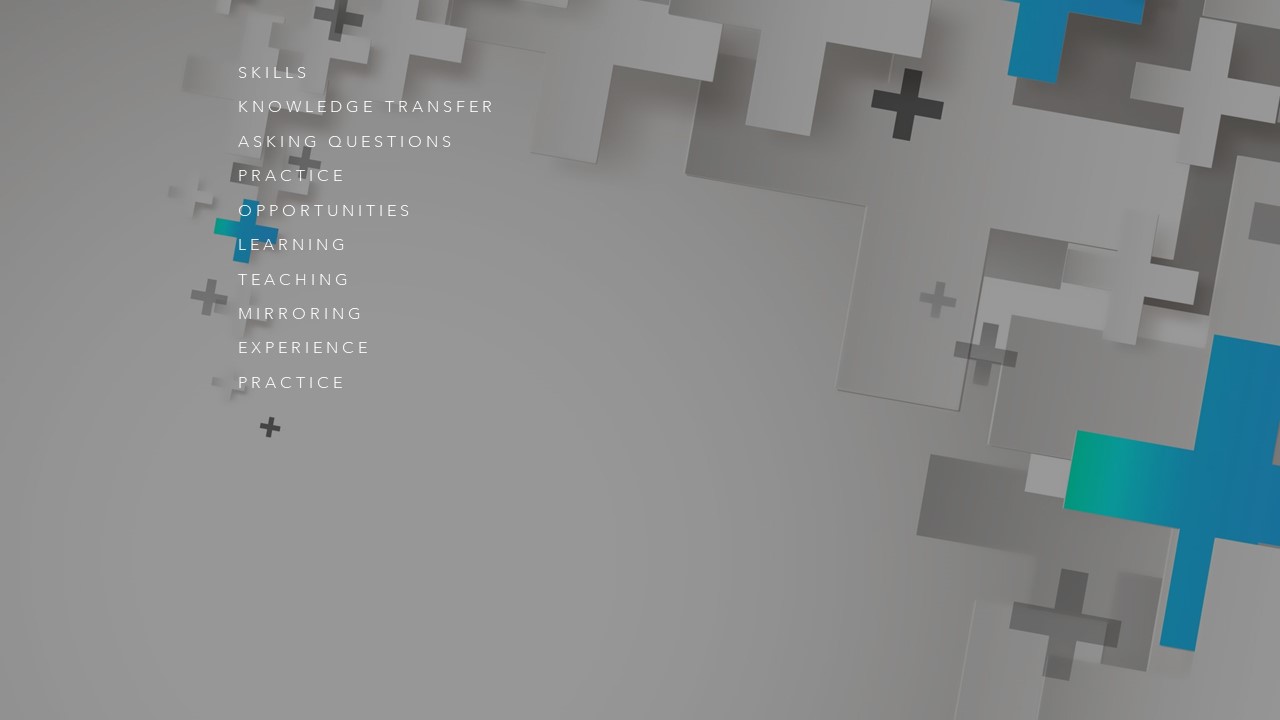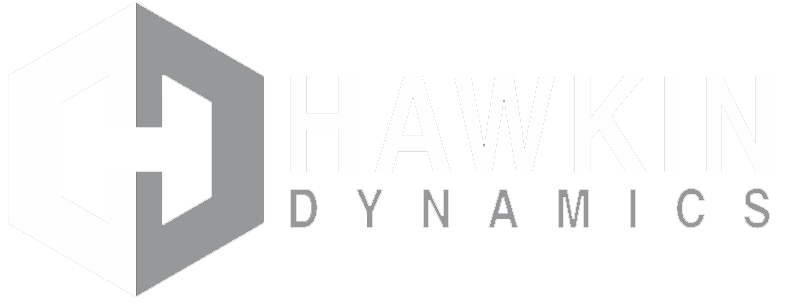Becoming a Successful Intern

Internships provide guided opportunities to develop coaching skills and are the most common pathway to becoming a strength and conditioning coach. Internships play a pivotal role in coach development and are a way to open doors to the industry. Within internships, an important indicator of subsequent success is the ability to thrive and internalize lessons along the way, which will build essential skills while building your network and learning from others. As a coach currently in my third round of being an intern across three different settings, I have gathered a broad array of experiences, learned from a diverse set of incredible leaders and watched as those who mentored me moved into highly successful roles. This article proposes a framework to assist you in becoming a successful intern. The framework does not purport to be the only path, nor is it an exhaustive “to-do” list. Following this framework has provided me with various practical tools and opened doors to many opportunities.
The approach to being a successful intern is much like that of being a good athlete. First, you build on core attributes and characteristics. In building a solid foundation, you will earn the right to move on to more complex tasks and increased levels of responsibility. When setting guidelines and objectives for success as an intern, it is best to approach it like the building blocks of a pyramid. The base must be large and is essential to holding up the structure. This framework is much like the hierarchy of needs proposed by Maslow. While he began his hypothesis of hierarchy with food and shelter, the strength and conditioning version starts with ensuring a fully operational weight room – the foundation that will give you the tools upon which to build.
#1 Organization: Being a Zero
The first level of the pyramid – the hierarchy or framework – is organization and cleanliness. Although it is not glamorous, keeping the space you are working in clean and organized is appreciated by the athletes and other coaches around you. Running a successful program can be incredibly challenging if you do not have a well-functioning, clean weightroom. Just like a chef who starts with a clean and well-stocked kitchen or the artist starting with a blank canvas, it provides an easy opportunity to get started on the right footing and to guide your athletes in an orderly fashion.
A guiding principle I followed at Acadia University was the concept of “Being a Zero.” I borrowed this concept from Canadian astronaut Chris Hadfield. In his book “An Astronaut’s Guide to Life on Earth,” Chris talked about how individuals become one of three types of people: a -1, 0, or +1.
“Over the years, I’ve realised that in any new situation, whether it involves an elevator or a rocket ship, you will almost certainly be viewed in one of three ways. As a minus one: actively harmful, someone who creates problems. Or as a zero: your impact is neutral and doesn’t tip the balance one way or the other. Or you’ll be seen as a plus one: someone who actively adds value.” -Chris Hadfield.
Never at any point in your career will you want to be a “-1”. Being a “-1” takes away from a group or organization and makes life more challenging. Being a +1, on the other hand, on the surface, seems desirable. As a new intern, you likely possess less knowledge than your mentor. Because of this, many interns coach by throwing things at the wall and seeing what sticks, resulting in a messy-looking wall or, in this case, an athlete. This attempt at being a “+1” without the required skill and experience often results in being a “-1”. I am sure you have worked with people before who might have felt like they were constantly adding but ultimately created more work for everyone. The goal, therefore, is to be a 0. From an organizational standpoint being a 0 means, the weightroom should be left as it was when you arrived, setting up the weightroom for the next group or asking if you can watch another coach run a session. Finding ways to allow others who are more experienced, in other words, those who are already +1’s, will support you in continuing to move forward – your athletes, the program, the objectives, and the outcomes. You will help ensure that those who are integral to the training process are best able to perform their work at an elevated level.
#2 Relationships: Building a Successful Network & Committed Athletes
Building relationships is an essential component of effectively coaching athletes. At Acadia University, a rule for interns was that you were not allowed to coach athletes if you did not know their names. You are providing an important personal service, after all. Getting to know the athletes can be as simple as finding out their favourite colour or the position they play. This is true from coaching youth to coaching professional athletes. Build a connection beyond sport, and you will be far more successful. Remember, you can make a difference, build confidence in younger athletes and create a welcoming and focused environment by making a young athlete’s day, using their name, and learning about their interests outside of sport and school. Inexperienced athletes will offer an excellent opportunity to learn to coach more effectively. Building relationships in a personable way will help develop a unique and supportive coaching style. Gone are the days of demand and control. We know that athletes (new and developed) will respond more effectively to a personable approach where they feel you are more invested in their success.
Beyond the athletes, try and learn from everyone you coach and support, whether a head coach or other interns. Fostering relationships with other interns is especially important. These are some of your first colleagues in the field. They may become friends or, at the very least, part of your professional network; someone you can call up for help when needed. The same is true of other staff involved. From the team’s head coach to the therapy staff, building these simple connections will prove invaluable down the road.
As you get deeper into your internship experience, it is a clever idea to try and expand your network beyond the facility where you are currently working. Social media is undoubtedly your friend in this regard. Reach out to other coaches or interns you think are doing leading-edge work or just doing things different from you. Experienced coaches are eager to share knowledge as long as you approach them respectfully and offer some help to them in return for their time.
#3 Leadership: Mirror Others, Lead by Example
Becoming a Leader within a weightroom and within a community of athletes comes with time, experience, and openness. This is earned through time learning, listening, and building on earlier levels from this framework. Leveraging strong relationships with an athlete will result in becoming approachable and trustworthy. The athletes will become more likely to approach you for help while you are in the room together. You will become reliable because athletes will understand you are invested in their success. Further building these relationships will result in being seen as a leader within the group. It may start as asking about minor tweaks in form or their programming, including seeking your consultation on progression or regression.
If you have the experiences described here, you are likely a Senior Intern. You are probably progressing with and being given significant responsibility. You will develop your leadership skills by setting an example for athletes or younger interns. This is integral. Now is the time to deepen your relationships, attend games and practices where you can demonstrate a more significant investment in the athlete’s success. Learn from coaches around you whose knowledge of a sport might be more profound, given their position and experience. Expand your knowledge and demonstrate your eagerness to learn and grow outside the weightroom. Athletes love when interns attend games and practices. You will be seen as a leader, and you will feel it as well.
#4 Creation – Expanding on the Old to Create the New
Through experience and success comes the opportunity to earn some autonomy. Own this opportunity. Whether you have been asked to lead the warm-up or design programming for a team, you are building on previous steps and ready for new challenges. When creating a new program, I encourage you to build on everything you have learned, including things that have worked, been a challenge, or failed in some circumstances. You should always be adding to your arsenal of tools. An adage that I have adopted is SPSS – Smart People Steal Stuff. Mike Boyle summarizes this concept well:
“Some people can really cook, others need cookbooks and recipes; some people write cookbooks, others read cookbooks. In the restaurant world, there are cooks, and there are chefs. Cooks follow the recipes; chefs create the recipes. The key is to figure out if you are a cook or a chef.”
As an Intern, you will often use a ‘cookbook’ to create your program. You will quickly see what works best with the athletes in front of you and adjust “the recipe” accordingly. You will learn from your mistakes and develop your approach, and eventually, you may even become one of the people who write the next best cookbook.
Conclusion
Success in an internship looks different for everyone. However, the proposed framework will help you set expectations and objectives and guide you to be successful. These guiding principles can help you in strength and conditioning, but I have found them helpful in another area where I am trying to improve. Organization and understanding of your role will allow you to leverage your skills effectively. Relationships are the bedrock of success in coaching, business, and many other sectors. Upon solid relationships, leadership may be built, and with collaboration, you will be able to create something new. Coaching development is constant no matter what stage of your career. This framework will continue to be of value as you progress; if you are unsure, keep doing the basics, and progress will eventually occur.
Bio
Josh Nowlan is completing his Master’s of Applied Health Science degree at Brock University in Environmental Ergonomics while interning with Brock Sports Performance Swimming and Men’s Basketball programs. He previously completed Internships at Acadia University (Canada) and Elon University (US). Since 2018, Josh has been working with Australian Football Canada, where he is currently the High-Performance Manager for the Men’s National Program.
References
- Hadfield, C. (2013). An astronaut’s guide to life on earth. Pan Macmillan.
2. Boyle, M., & Verstegen, M. (2012). Advances in functional training: Training techniques for coaches, personal trainers and athletes. BookBaby.






